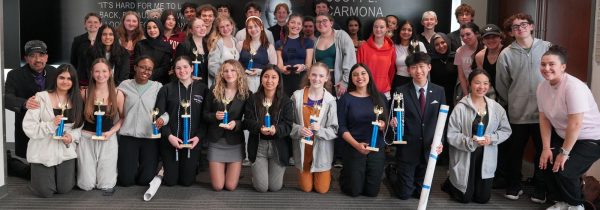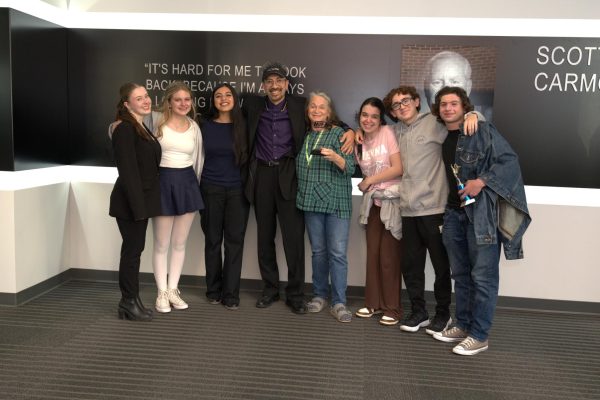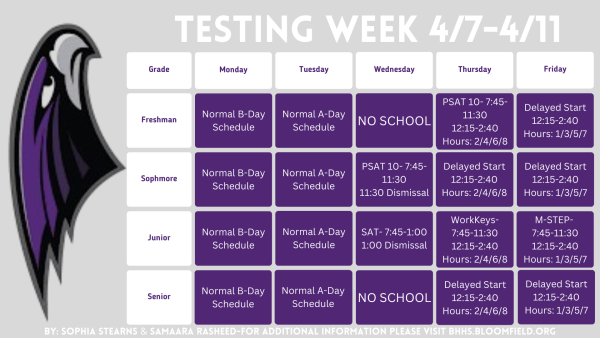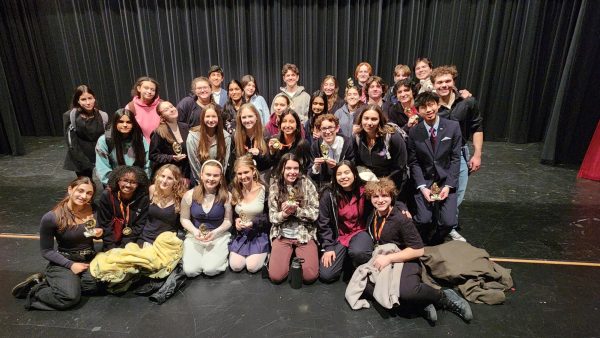LCB200 students extend learning to Holocaust Museum
Display in Holocaust museum
sFollowing several units about the events of the Holocaust in the AP United States and United States History classes, students of Learning Community B200 made a trip to the Farmington Hills Holocaust Museum as a part of the Interdisciplinary (ID) class to connect classroom curriculums to the community.
“I think it’s important to take everybody on an ID field trip because we are working with all four disciplines [Mathematics, History, Science, and Literature] and within all of those disciplines you can find the Holocaust so I think everybody should be exposed to that and you can see it from a different point of view from different teachers,” explained LCB 200 Chemistry teacher, Maegan Crosby, who also attended the field trip. “I think that getting the kids out, especially for something like that that’s really close to their community, will help them to better understand what’s going on around them, not just in their family or in their little circle of friends.”
However, even though students at Bloomfield Hills High School are making the trip, a study done by the Anti-Defamation League showed that 54% of young people have heard about the Holocaust, and 32% believe that it was exaggerated or a myth.
“I think that education both lies within the parents of the student and within their teachers and their communities…a lot of people might think it’s a myth because they haven’t seen it firsthand, even though there’s news footage and pictures of the same era. They just don’t believe it happened because they don’t want to believe that life, especially the Holocaust, could be so tragic,” said Crosby. “I think that opening your eyes to different experiences, the Holocaust being one of them, will help you to understand that life isn’t always happy and we have to learn off of those experiences.”
Following the experience, teachers, like Crosby, in the LCB 200 community hope that students will be able to use what they have learned both in school and at the museum as a learning experience to better the world around them.
“They [students] have to be responsible for what’s going on around them,” said Crosby. “Especially since we’re working with sophomores at this point, they need to be looking after their future and how they can change it for the better.”
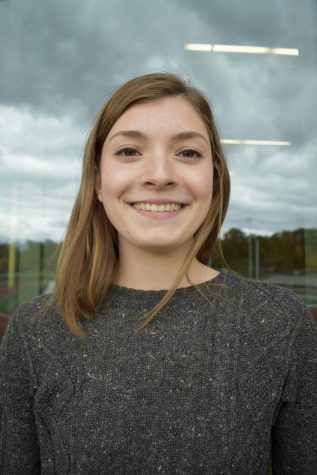
Hi, my name is Lara Janosz and I am Editor-in-chief on the Hawkeye Newspaper. I am a senior this year and this is my 4 year on staff. Outside of the Hawkeye,...


